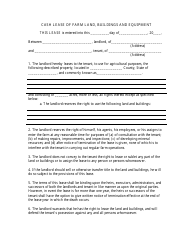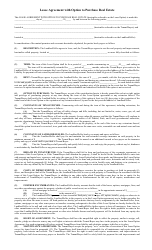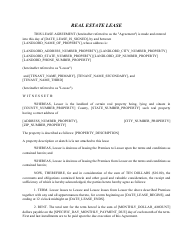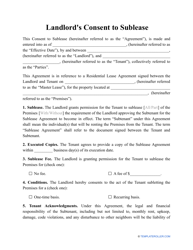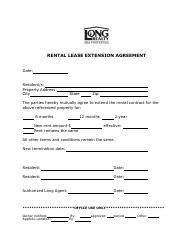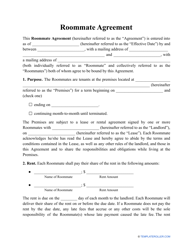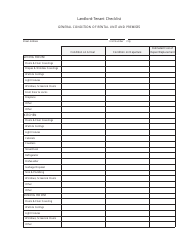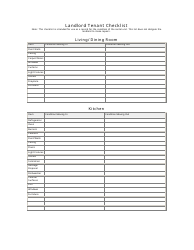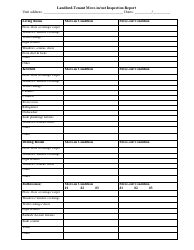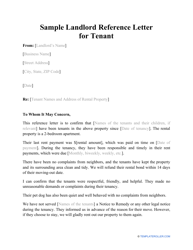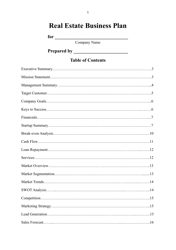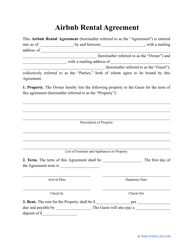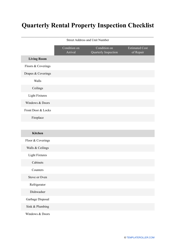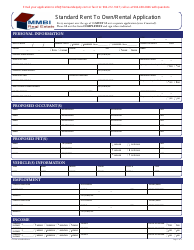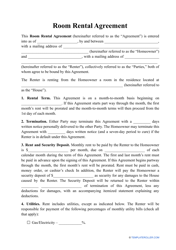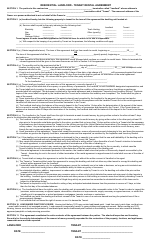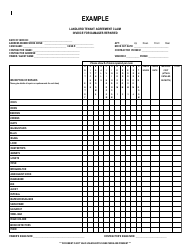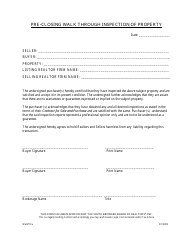House Lease Agreement Template - E-Renter
The House Lease Agreement Template - E-Renter is a standardized form that landlords and tenants can use to legally document the terms and conditions of a house rental agreement. It outlines important details such as payment terms, duration of the lease, and responsibilities of both parties.
FAQ
Q: What is a house lease agreement?
A: A house lease agreement is a legal document that outlines the terms and conditions of renting a house.
Q: Why do I need a house lease agreement?
A: A house lease agreement provides protection and clarity for both the landlord and the tenant.
Q: What should be included in a house lease agreement?
A: A house lease agreement should include details such as rent amount, lease duration, rules and restrictions, and responsibilities of both parties.
Q: Can I modify a house lease agreement?
A: Yes, a house lease agreement can be modified as long as both the landlord and the tenant agree to the changes and they are properly documented.
Q: What happens if I break the terms of a house lease agreement?
A: Breaking the terms of a house lease agreement can result in penalties such as eviction and legal consequences.
Q: Do I need to have a written house lease agreement?
A: While verbal agreements may be considered valid, it is highly recommended to have a written house lease agreement to avoid misunderstandings and disputes.
Q: Can a landlord increase rent during the lease term?
A: In most cases, a landlord cannot increase rent during the lease term unless the lease agreement specifically allows for it.
Q: What are the steps to terminate a house lease agreement?
A: Terminating a house lease agreement typically requires giving proper notice to the other party as specified in the agreement.
Q: Is a security deposit required for a house lease agreement?
A: A security deposit is commonly required in a house lease agreement to cover any potential damages or unpaid rent.
Q: Can a landlord enter the rental property without permission?
A: In general, a landlord must provide notice and obtain the tenant's permission before entering the rental property, except in cases of emergencies.











